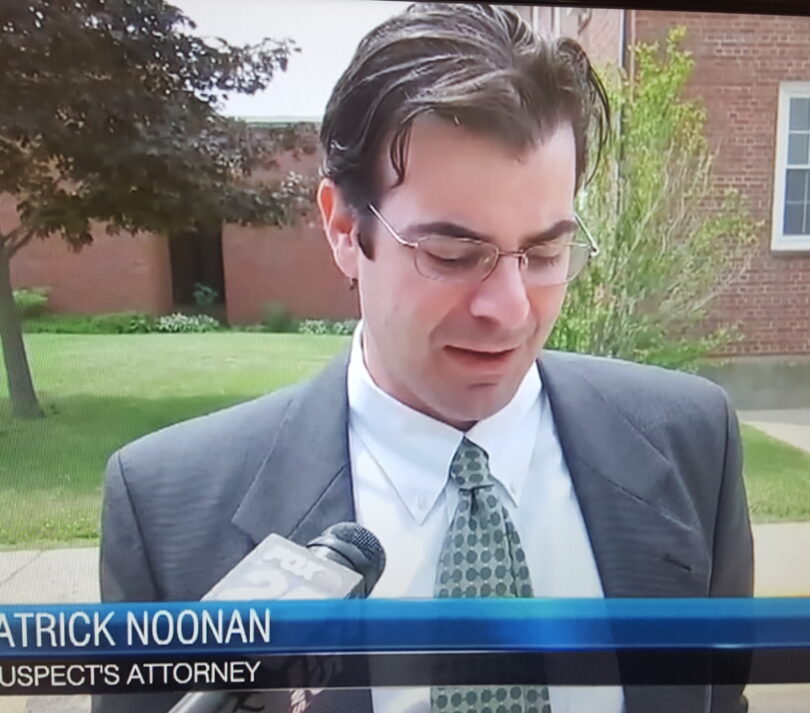Southeast Massachusetts Anesthesia Errors Lawyers, Boston, Quincy, New Bedford, Taunton
The primary goal of anesthesia is to numb or sedate a patient for medical or dental procedures while making sure that a sufficient amount of oxygen is still provided to a person’s brain, body, heart, and other important organs. Because people who undergo surgery are in a compromised position, they trust that medical professionals will take the utmost care to make sure that the procedure goes smoothly and that no injuries arise. While anesthesia is often performed properly, when incorrectly used, the complications can be very serious. If you have been harmed by an anesthesia error, you can end up facing injuries that last the rest of your life. As a result, you should not hesitate to obtain the assistance of a skilled attorney.
The Types of Anesthesia
Anesthesia refers to any of the medications that are given to a patient to manage pain during a medical procedure. Delivered as an injection, pill, topical cream, or spray, anesthesia is often classified into one of three types:
- General Anesthesia: This process sedates a patient so he or she loses consciousness during a surgery. This anesthesia works by slowing the body’s natural throat functions, which often necessitates the use of a breathing tube.
- Local Anesthesia: This process involves medications that are given to numb a small portion of a person’s body.
- Regional Anesthesia: This process involves medications that numb a larger area of a person’s body. Some examples include epidural injections during labor, nerve blocks, and surgeries in which a patient chooses to not be sedated.
Who Administers Anesthesia
Anesthesia is administered by a physician who specializes in anesthesia (an anesthesiologist), a certified registered nurse anesthesiologist (CRNA), or a medical resident in training. In many situations, patients are not aware who will be providing anesthesia until shortly before the procedure. No matter who provides anesthesia, it is important that the medical professional adheres to the accepted standard of care. Part of this standard of care is looking for early warning signs of any potential complications. The anesthesiologist is often required to remain at the head of the bed throughout the surgery process.
Common Types of Anesthesia Malpractice
The American Society of Anesthesiologists reports that 40 million anesthetics are administered every year. Some of the most common types of anesthesia errors include the following:
- Complications from drug interactions
- Defective medical equipment
- Delayed delivery of anesthesia
- Errors in delivering spinal and epidural anesthesia
- Failure to avoid allergic reactions
- Failure to identify patients with airway problems
- Failure to inform the patient about dietary or other restrictions
- Failure to monitor the patient
- Failure to recognize patient vomiting
- Failure to resuscitate
- Improper administration of IV
- Improper administration of oxygen
- Improper attention to a patient’s medical history and pre-existing condition
- Improper intubation
- Improper positioning of a patient
- Inserting medication into the wrong location
- Overdose or underdose of anesthesia
- Poor communication in the surgical room
- Sedating a patient for longer than is necessary
- Turning off alarms
- Using the wrong anesthesia medication
Speak with a Knowledgeable Anesthesia Error Attorney Today
If you or a loved one was harmed due to an anesthesia error, the responsible party should be held responsible for the resulting damages. Fortunately, the medical malpractice attorneys at The Law Offices of Gerald J. Noonan has experience navigating the numerous obstacles that can arise in medical malpractice cases. Contact our law firm today to schedule a free consultation during which time attorney Noonan will outline the various available options in responding to your medical malpractice case.
We offer a free, no-obligation legal consultation to help you understand your rights and the value of your case.
Our medical malpractice lawyers assist clients throughout all of Massachusetts including, but not limited to, those in the following counties, cities and towns: Plymouth County, Brockton, Plymouth, Bridgewater, Marshfield, Hingham, Duxbury, Wareham, Abington, Rockland, Whitman, Hanson, Holbrook, Middleborough; Norfolk County including Quincy, Stoughton, Dedham, Weymouth, Braintree, Avon, Holbrook, Randolph, Canton, Sharon, Brookline, Franklin; Bristol County including New Bedford, Fall River, Taunton, Attleboro, Westport, Dartmouth, Mansfield, Easton, Raynham, Lakeville, Norton; Cape Cod, Hyannis, Falmouth, Barnstable and the Greater Boston area including Cambridge, Somerville, Medford, Everett, Lawrence, Lynn, Revere, Dorchester, Roxbury.




